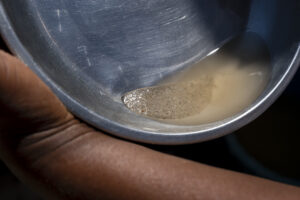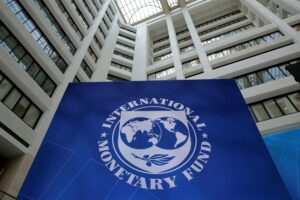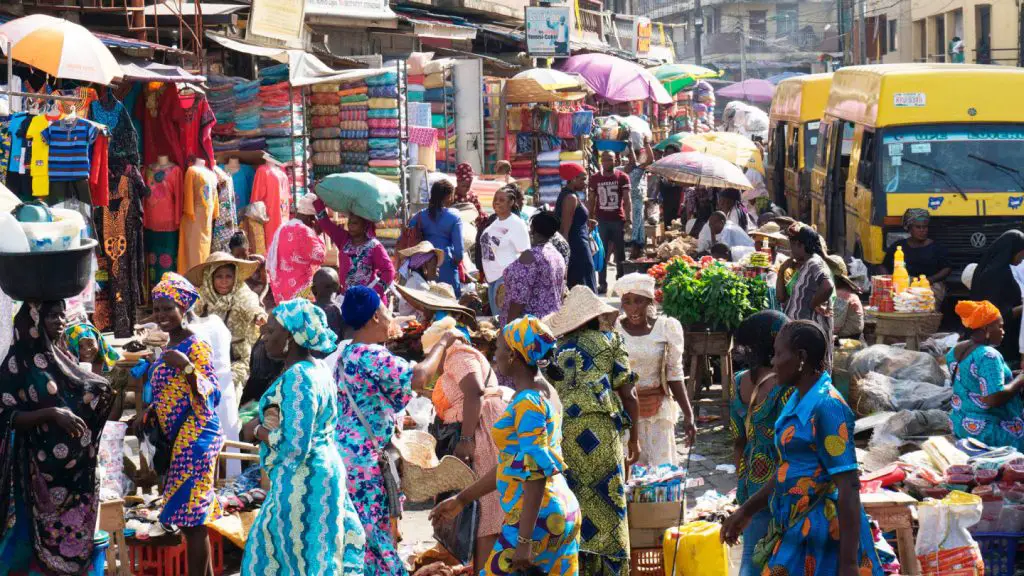- Zimbabwe rolls out $24M project to reduce use of mercury in gold mines
- Zambia secures $184M IMF support as economic growth set to decline to 1.2 per cent
- Equity enters alliance with ODDO BHF to spur Europe-Africa investments
- Air Tanzania hits turbulence: Can the airline fly back to EU skies?
- Ghana’s President Elect John Mahama Outlines His Economic Blueprint
- AfDB backs “green shares” funding model with $30M AFC equity boost
- ATIDI and ASF unite to mitigate risks gripping Africa’s investment
- Turkey Brokers a Dispute Ceasefire Between Ethiopia and Somalia
Browsing: inflation
In the first six months of the year, Kenya’s food imports had increased to sh103.34 billion. The figures collected by the Kenya Revenue Authority (KRA) showed that the food imports were sh12.35 billion more than the amount spent in the same period in 2020.
According to data from the national treasury, import expenditure increased by 29 per cent in the third quarter of 2021. China is the most significant contributor of Kenyan imports accounting for 31.6 per cent of the total bill from the Asian continent.
This is the fastest growth in the food import bill since a 60 per cent jump recorded in 2016 when the bill stood at sh82.83 billion. The exponential increase has been linked to the growing popularity of digital trading, allowing retailers and consumers to order and ship food and other commodities directly.…
This means that these individuals would not be able to access financial services from the banks for a period of up to two years. The matter is still unfolding, and further developments will be advised in due course.
Zimbabwe, after attaining the highest inflation record in world history and especially for a country that was not involved in an armed conflict, took the decision to demonetize its defunct currency in favour of a basket of foreign currencies led by the United States dollar.
After a period of relative economic stability, the country took the decision to reintroduce the Zimbabwe dollar initially as a surrogate currency known as the Zimbabwe bond note. This was a response by the monetary authorities to a shortage of foreign currency and bank notes.…
- Zimbabwe did not have a parallel market for foreign exchange in the years running from 2009 to around 2016.
- Zimbabwe is heavily reliant on imported products and expends more foreign currency than it can afford.
- Demand pressure has contributed to the fall of the Zimbabwe dollar resulting in general inflation.
To dollarize or not to dollarize?
This question has robbed monetary authorities of sleep as the Zimbabwe dollar falls precipitously on the parallel market.
Zimbabwe did not have a parallel market for foreign exchange in the years running from 2009 to around 2016.
It all began with the introduction of a surrogate currency that was fallaciously pegged at par with the United States dollar. The authorities initially posited that the surrogate currency was supported by a loan facility extended by the Africa Export-Import Bank (Afrexim Bank).
This loan it was said underscored the parity of the currency. It did not …
The Kenyan private sector has recorded improvement for a fourth straight month in August 2021, according to a new report.
Stanbic Bank’s Purchasing Managers’ Index report indicates that the rate of growth picked up in August as firms saw a faster expansion in new business compared to July.
During the period, job creation also strengthened, but output rose at the slowest rate in four months and business confidence fell to a near-record low.
After climbing sharply in July, the pace of input cost inflation eased in August, leading firms to increase their charges at the softest rate in 2021 so far.
As such, the country’s PMI picked up to 51.1 from 50.6 in July, to remain above the 50.0 neutral mark for the fourth month in a row.
According to the index, readings above 50.0 signal an improvement in business conditions on the previous month, while readings below 50.0 show …
Zimbabwe is on the verge of another economic cramp that is bound to be far worse than what it has been suffering for the last decade.
Already, the nation has been on an indefinite national lock down for the third month running, and now, the pandemic is really taking a dire toll on the economy. Well, it is not the Coronavirus effect that is bound to doom Zimbabwe into an economic crunch (yet again). Rather, it is the country’s tendency to simply print money whenever it deems fit; if only life were so easy!
Zimbabwe, like all other countries, is looking to cushion its business sector from the coronavirus crunch. However, the way Zimbabwe is looking to fund its proposed US$ 998.34 million (ZW$18 Billion) stimulus package is if anything, questionable, if not downright inadvisable, or to be blunt, shall we just go ahead and call it, rudimentary?
Well, how…
Nigeria, the largest economy in Africa, has seen its inflation quickened to nearly two years high in January as food shortages caused by border closures continued to drive up the price of staples, the Nigerian National Bureau of Statistics revealed.
According to information from Bloomberg, the statistician report revealed that: consumer price rose to 12.1 per cent from a year earlier, compared with 12 per cent in December, which marks the fifth month of increases.
However, there were several crucial aspects in relation to the scenario, as revealed by Bloomberg.
It was highlighted that the nation’s monetary policy committee’s ability to raise interest rates to contain inflation is hampered by slow economic growth.
In January a Nigerian economist and Governor of the Central Bank of Nigeria (CBN) Godwin Emefiele raised the number of money banks to need to deposit at zero interest with the central bank to clear up …
The International Monetary Fund (IMF), the international economic advisory body, has cut its forecast for Tanzania’s economic growth for this year and 2020 to four percent, down from previous expectations.
Tanzania is forecast for economic growth of 4 percent in 2019 before accelerating modestly to 4.2 percent in 2020 – a drop from an estimated 6.6 percent in 2018. In January last year, the IMF said it expected Tanzania’s economy to grow between six and seven percent over the medium term, provided the country increased capital spending and improved its business environment. However, the organization has drastically cut its outlook for the country, predicting growth of four percent in 2019 and a minor increase for 2020.
The Fund also predicts Tanzania’s consumer price inflation will reach 3.5 percent this year and rise to 4.5 percent in 2020.
The IMF’s revised forecast contradicts government estimates that predict the economy will grow …







